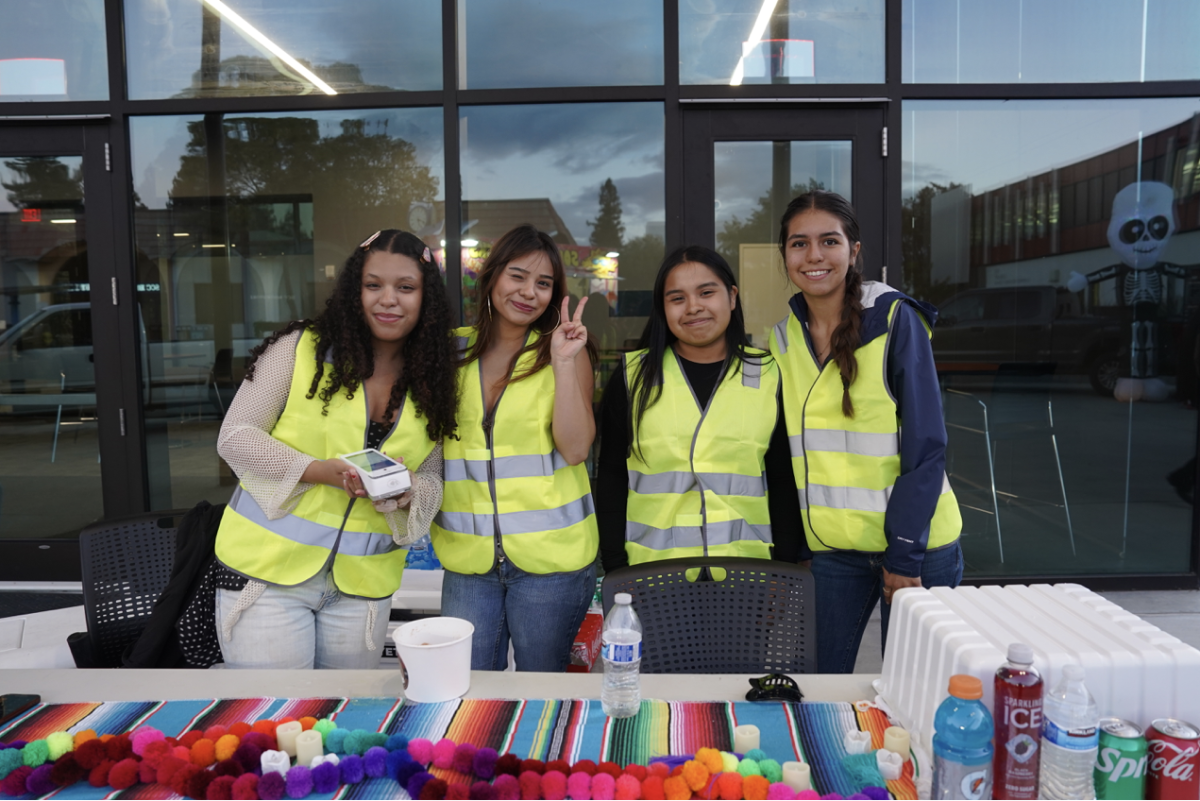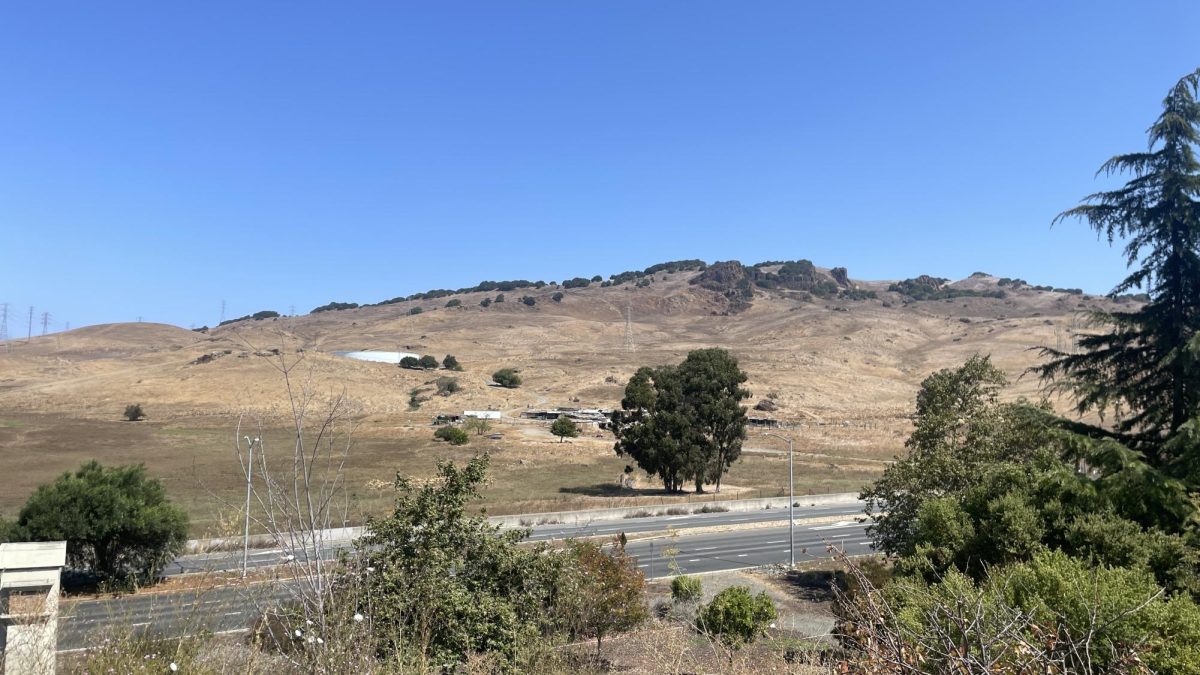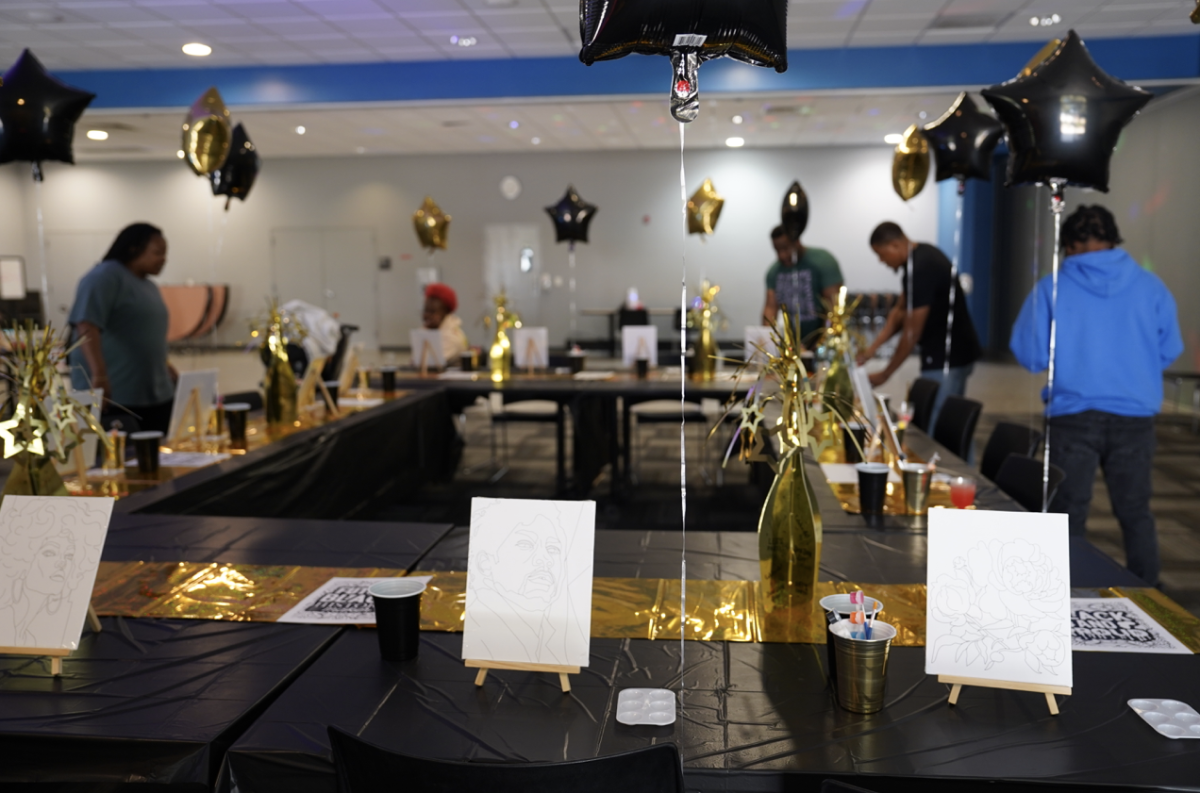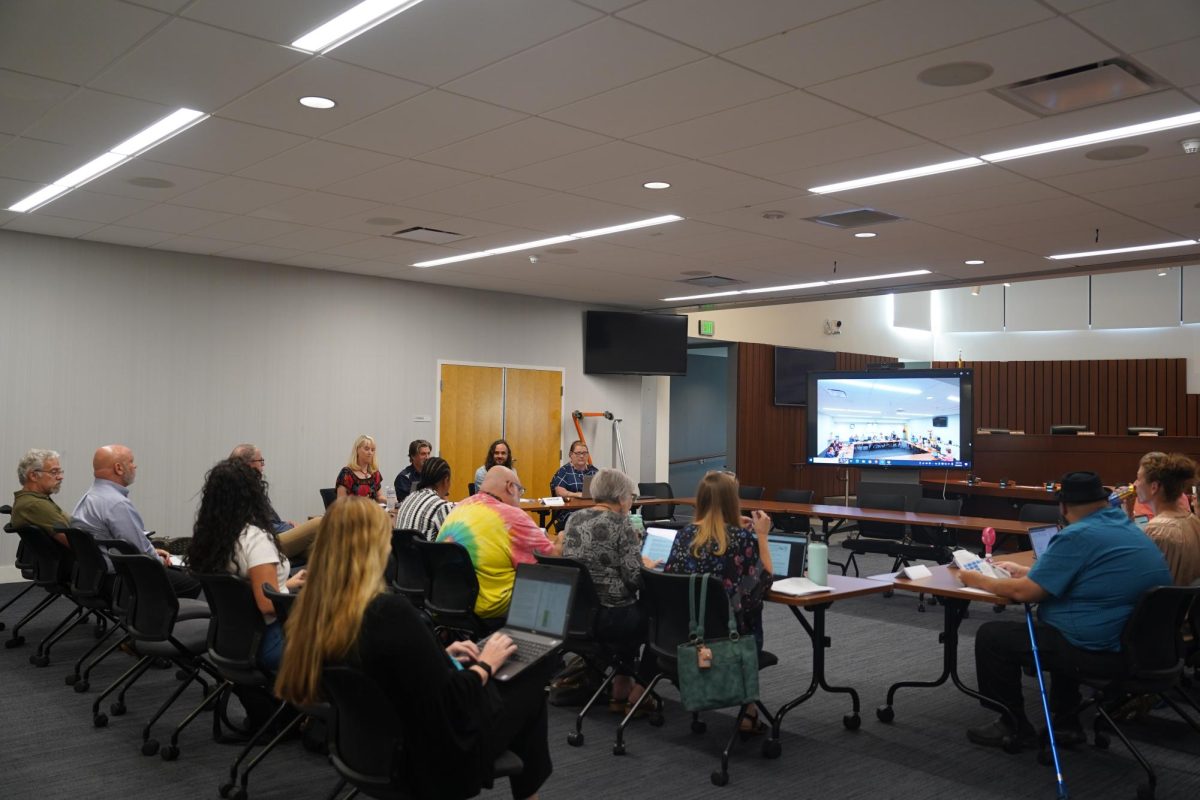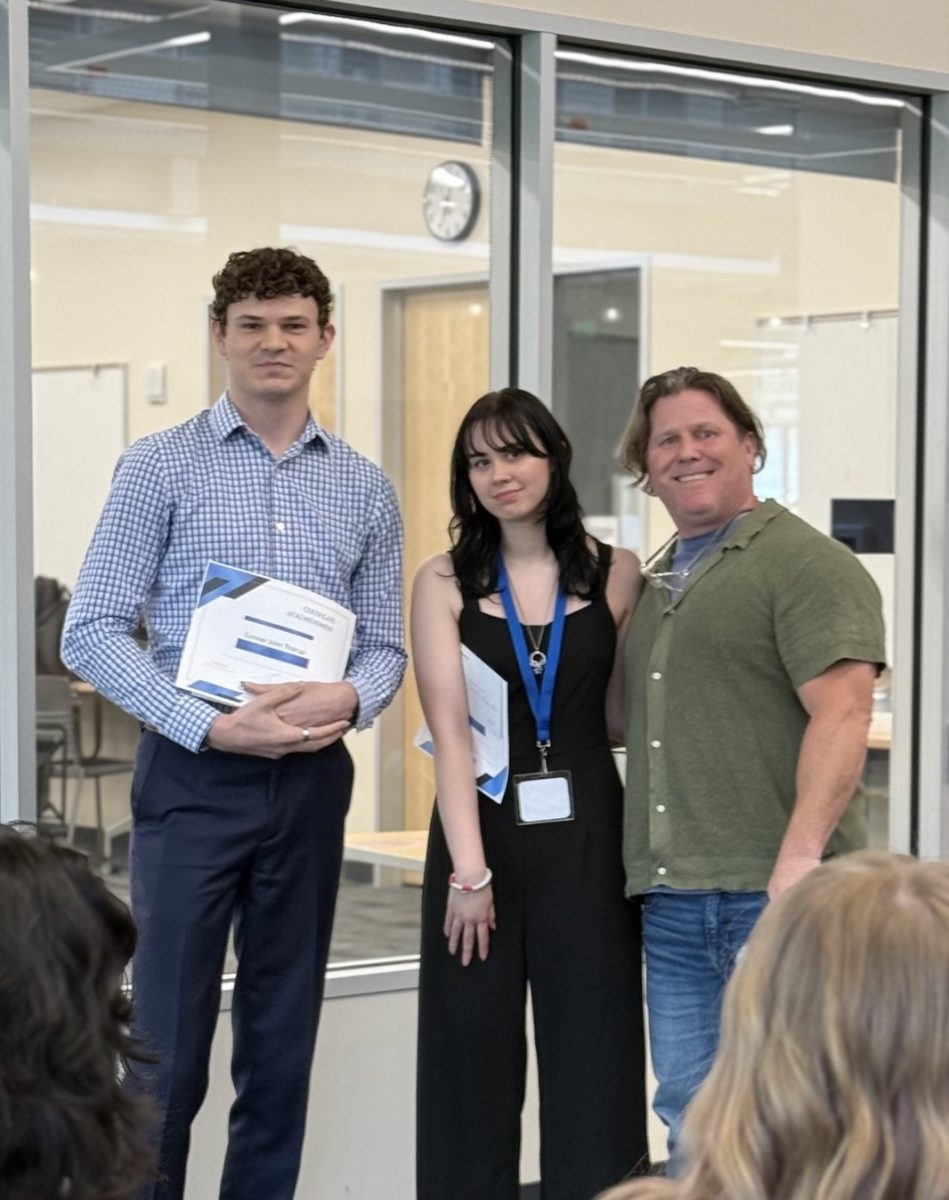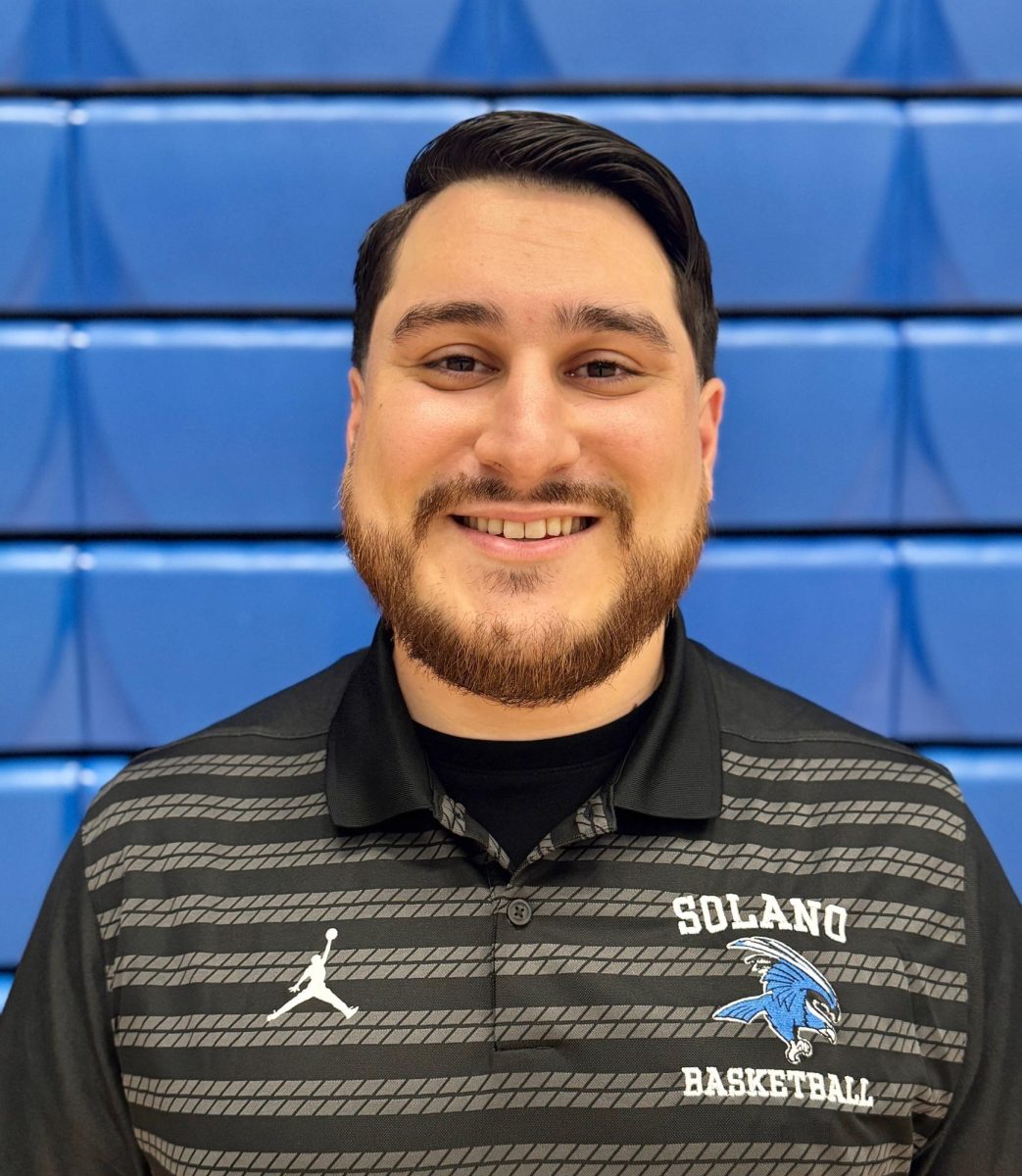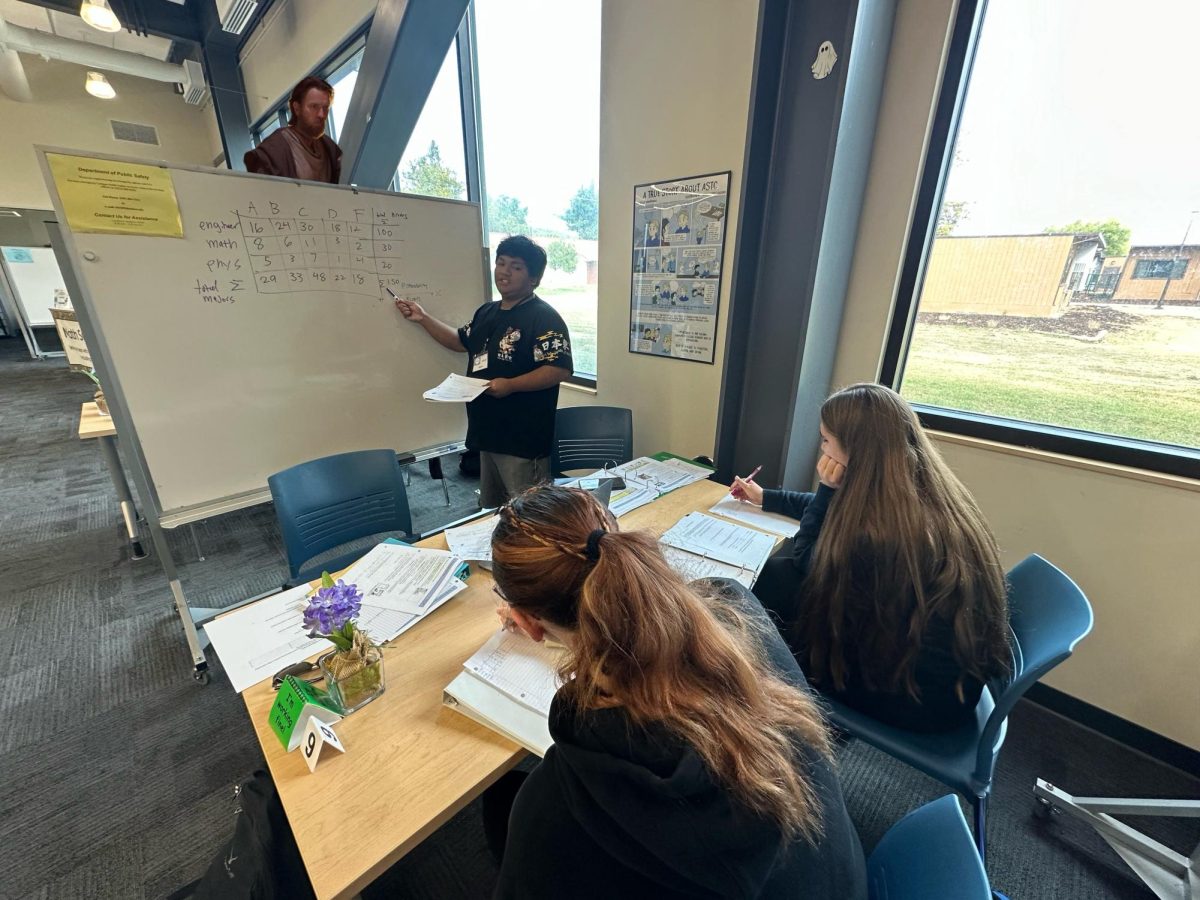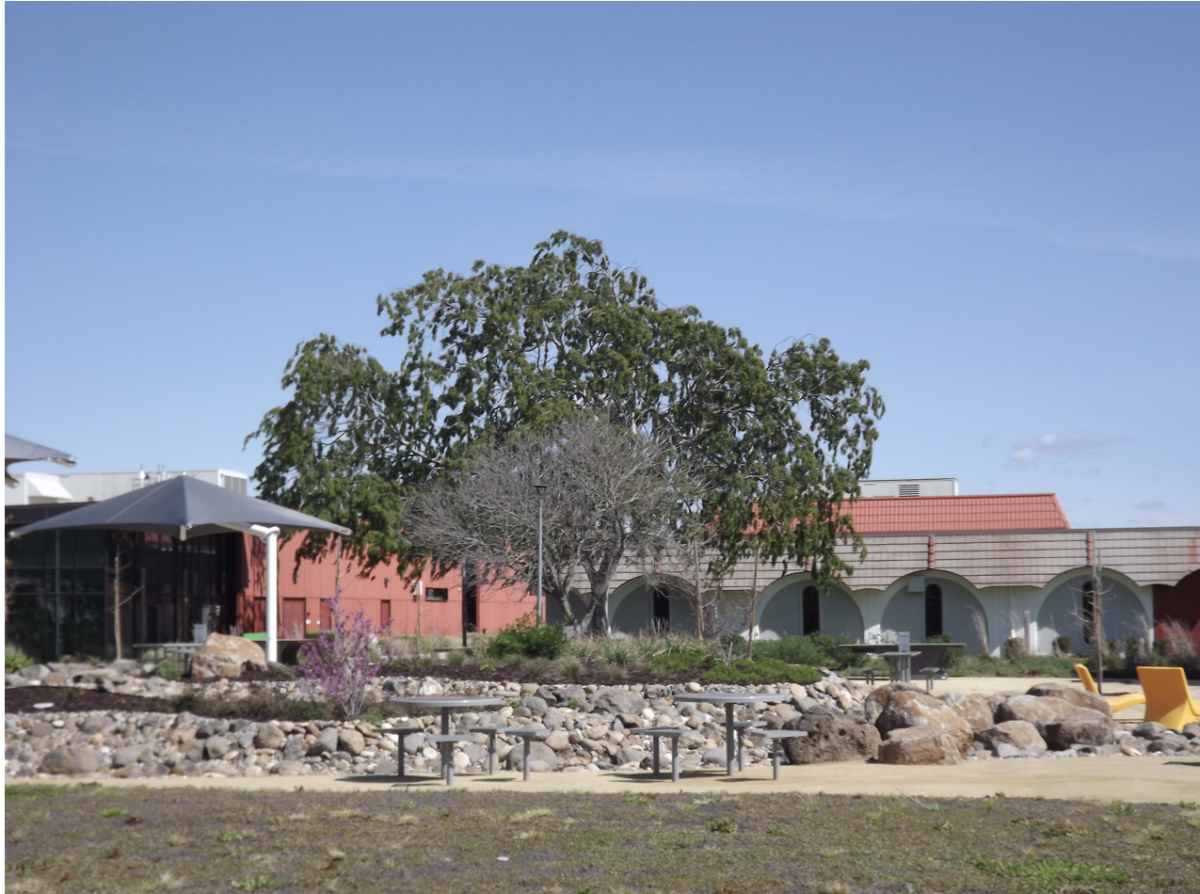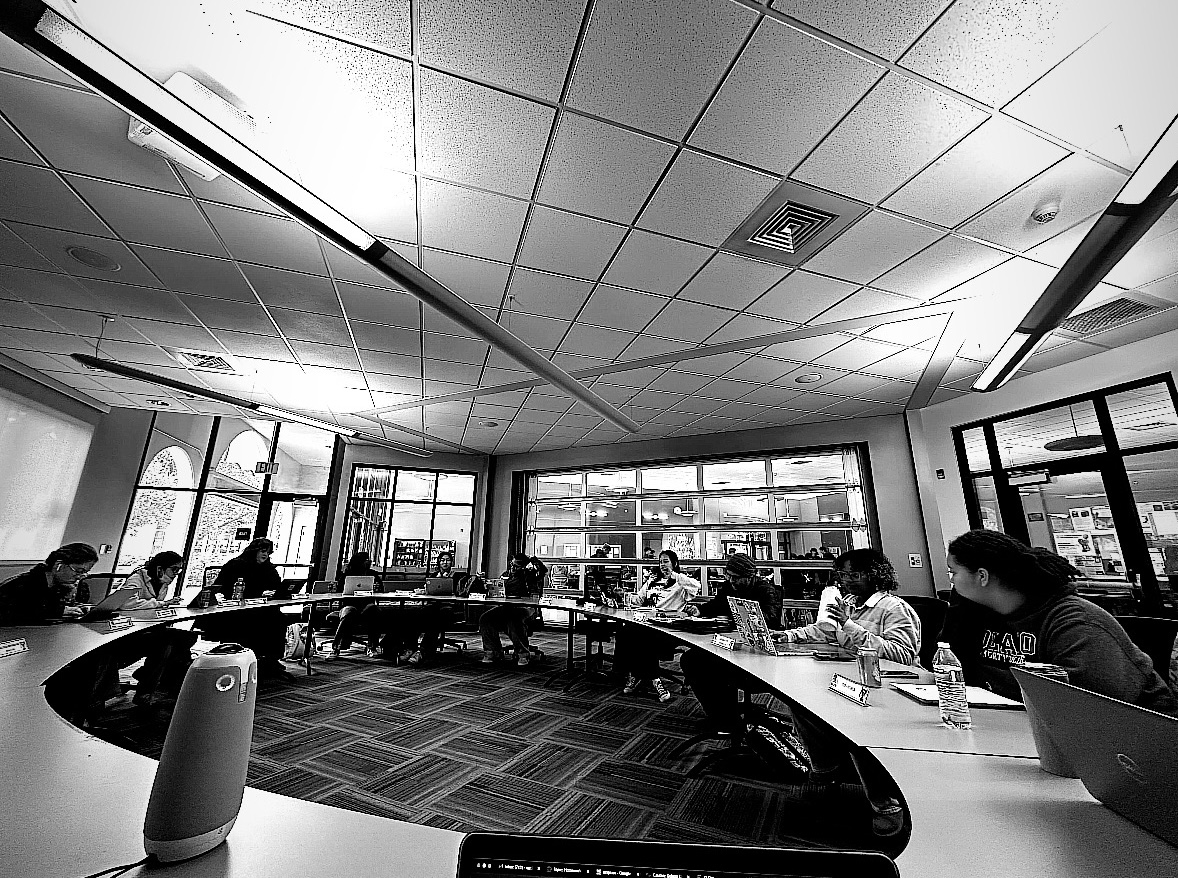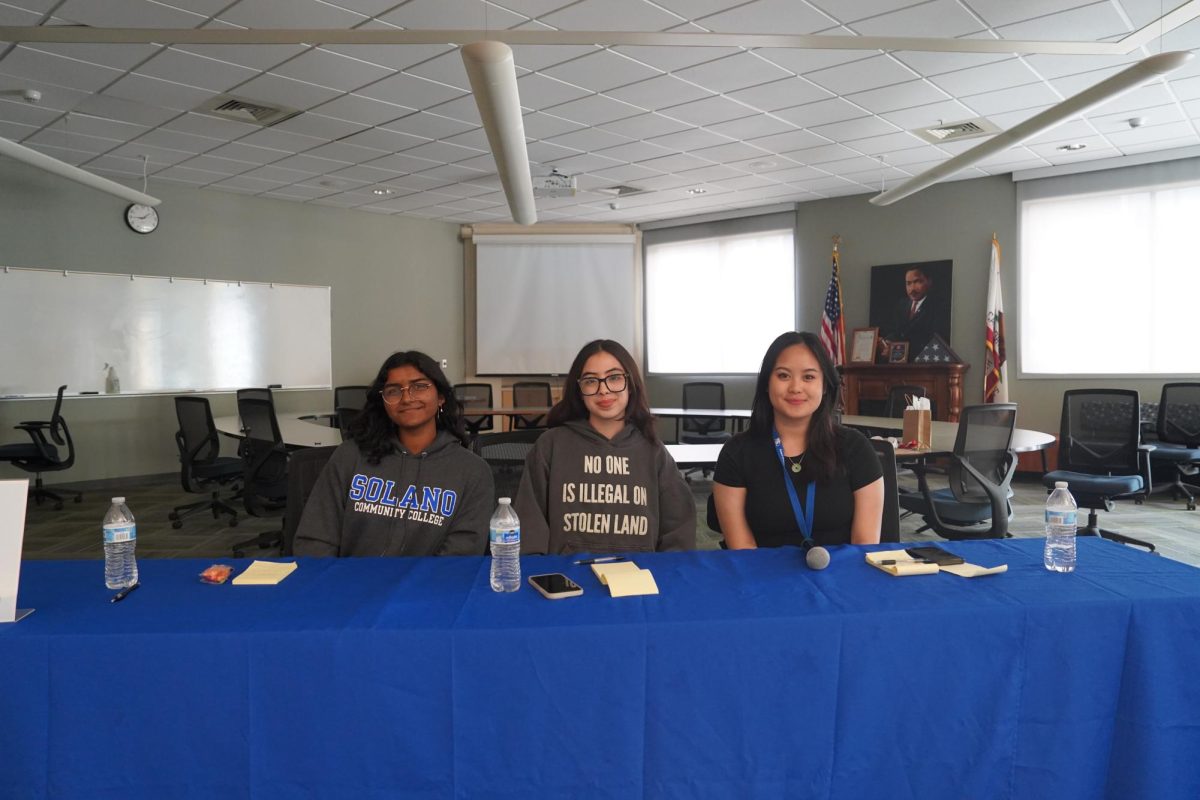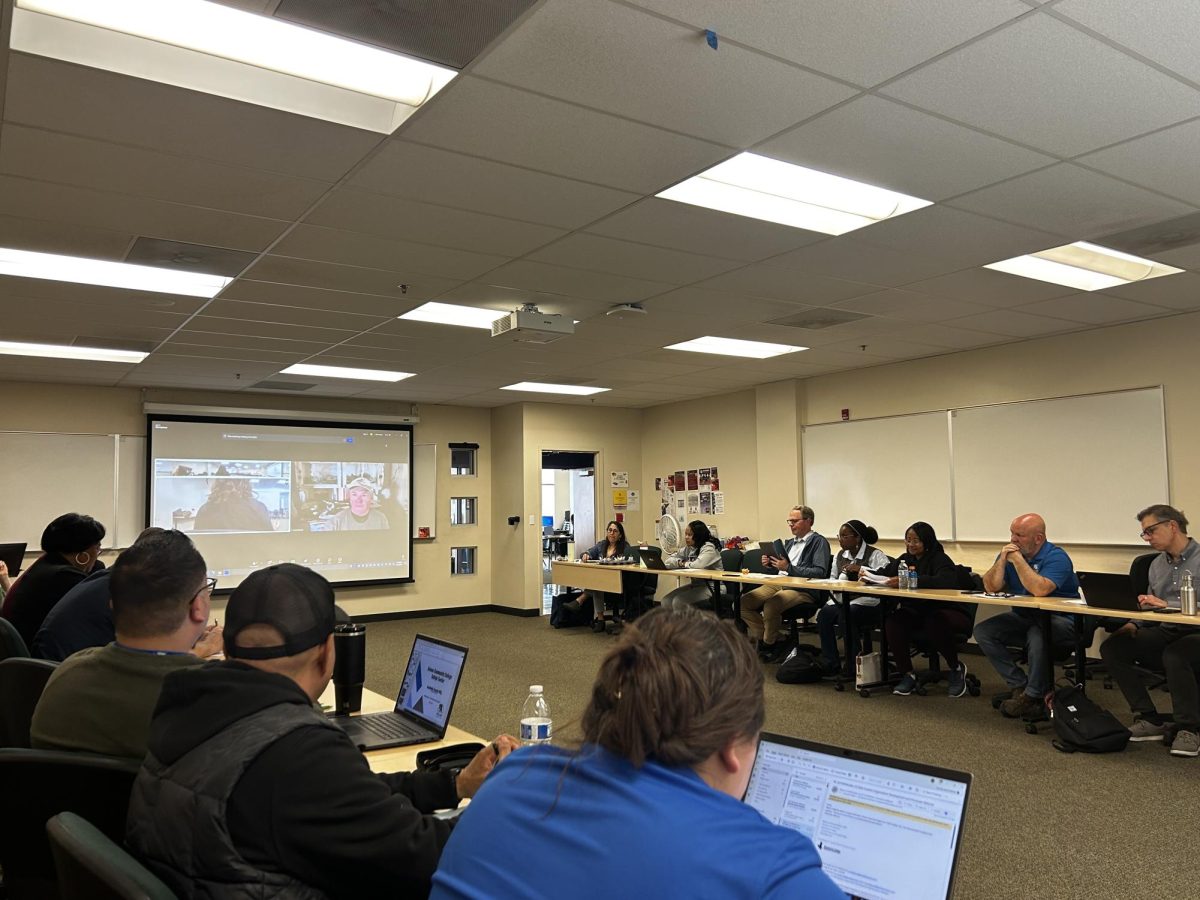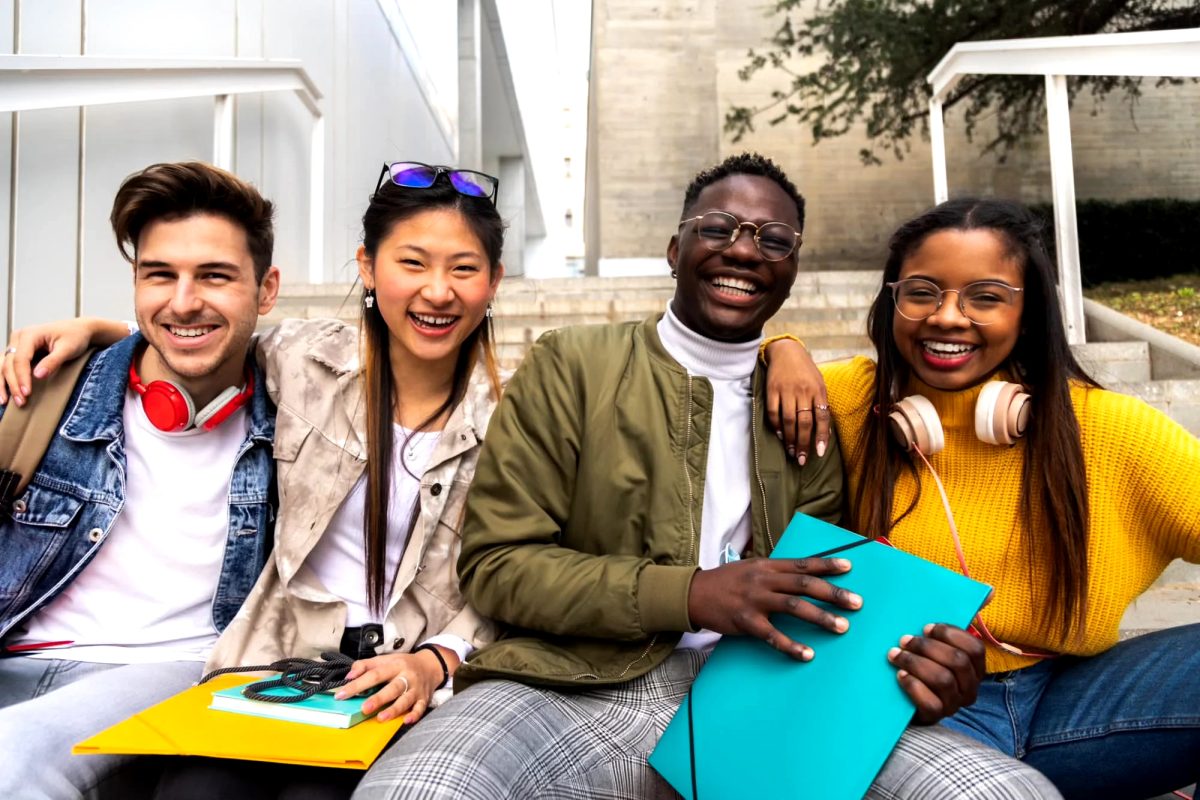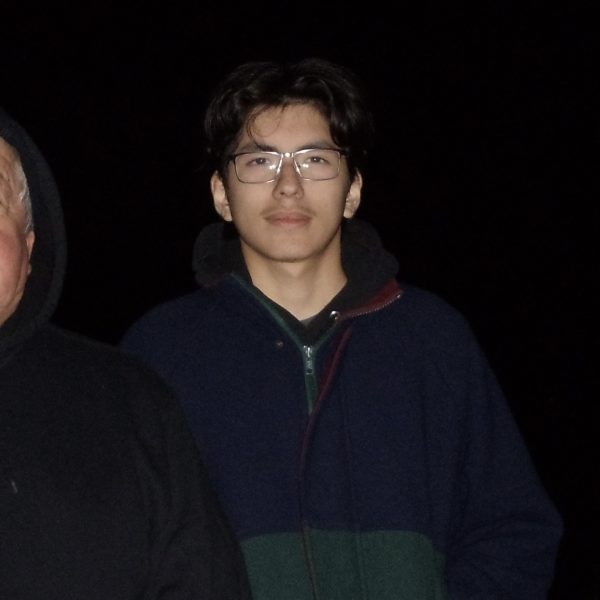The Scotts Valley Band of Pomo Indians announced on September 19th that it started site work for tribal government offices on the tribe’s trust land in Vallejo.
The work began on September 18th, on the Band’s trust land located at 200 Columbus Parkway, about a half mile away from Solano College’s Vallejo Center. The tribe is planning to develop a 400,000 square foot casino resort at the same location, consisting of restaurants, a hotel, a spa, and a family entertainment center.
“This groundbreaking is profoundly meaningful for our Tribe as we work to develop the homeland that we struggled for generations to achieve,” said Shawn Davis, the Scotts Valley Tribal Chairman, according to the Vallejo Times-Herald.
“This progress demonstrates that we will not be deterred by falsehoods or attempted obstruction by a few existing casino operators who are more worried about a little competition than helping local residents thrive.”
This commencement comes after almost a decade of applications, rejections, and delays. The process started in 2016 when the Scotts Valley Band of Pomo Indians filed applications to establish reservation land and permission to build a casino on said land. Both applications were rejected in 2019.
However, in 2022, the U.S. Circuit Court ordered the Interior Department to revisit the applications. The Band acquired a 160-acre parcel of land in Vallejo, but the status of their gaming eligibility is not yet determined.
The Scotts Valley Casino project is not without opposition; The Yocha Dehe Wintun Nation has been outspoken with its opposition to the Scotts Valley Casino. They claim that the Scotts Valley Indians have no historical ties to the Vallejo area, citing the fact that the Band owns property, maintains a government headquarters, and owns an energy company in Clear Lake.
The Yocha Dehe Wintun Nation also says the Band’s environmental assessment was “woefully inadequate.”
The Yocha Dehe Wintun Nation claims that the assessment “fails to include any mitigation measures for the destruction of critical habitats for multiple endangered and threatened species; neglects to adequately address air quality concerns; includes a traffic analysis based on fundamentally flawed data, […] fails to provide evidence for its estimation of water usage; neglects to account for the massively significant engineering and construction challenges; and will desecrate a Yocha Dehe cultural site.”
“They are planning to develop everything that can be developed, and probably much more that shouldn’t be,” said Matthew Adams, attorney for the Yocha Dehe Nation, at a press roundtable held in Vallejo on September 12th. “It’s crisscrossed by wetlands, it is a place where there are multiple active landslides […] This is not a place where it is possible to responsibly develop a large project like this.”

